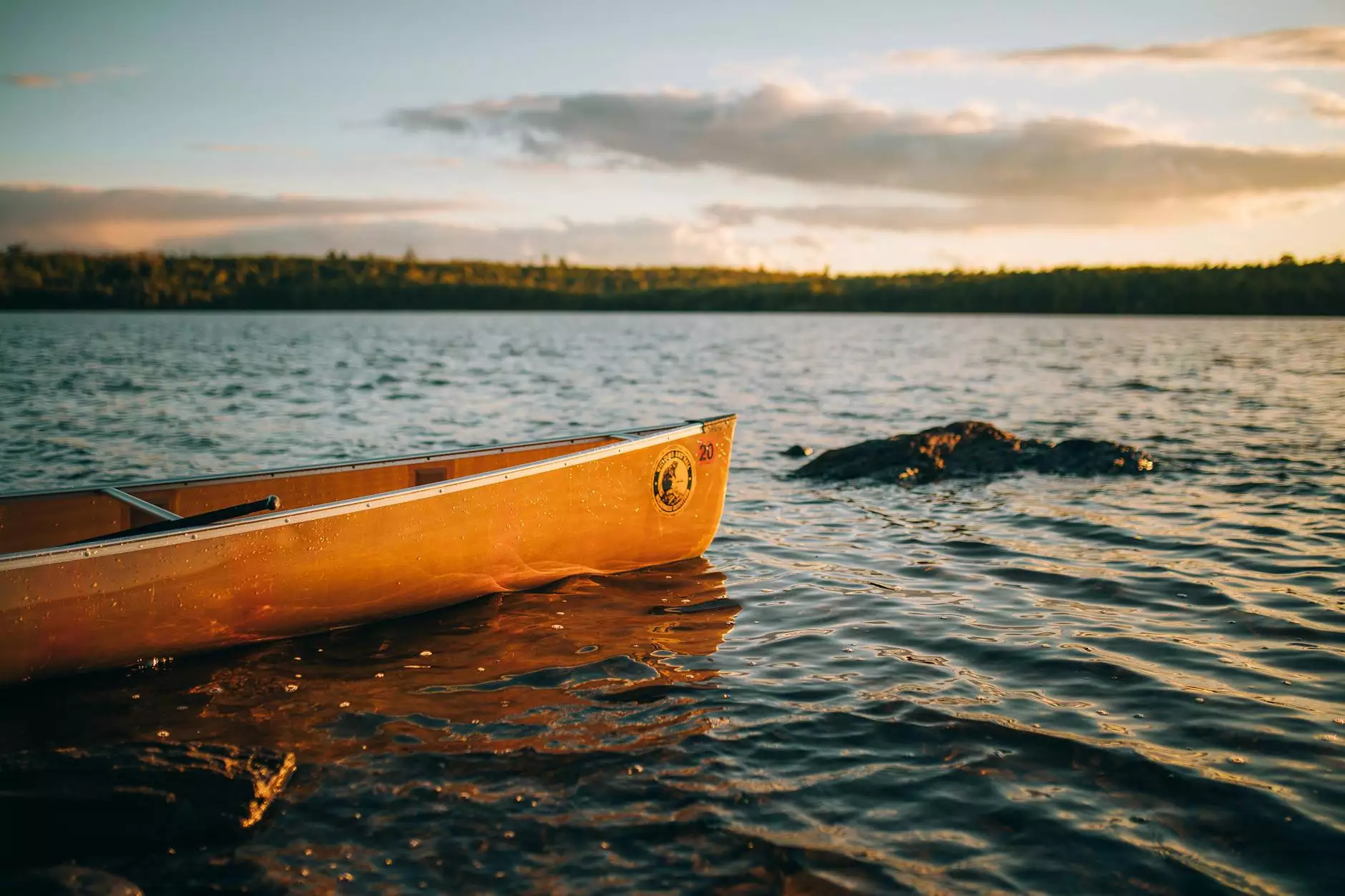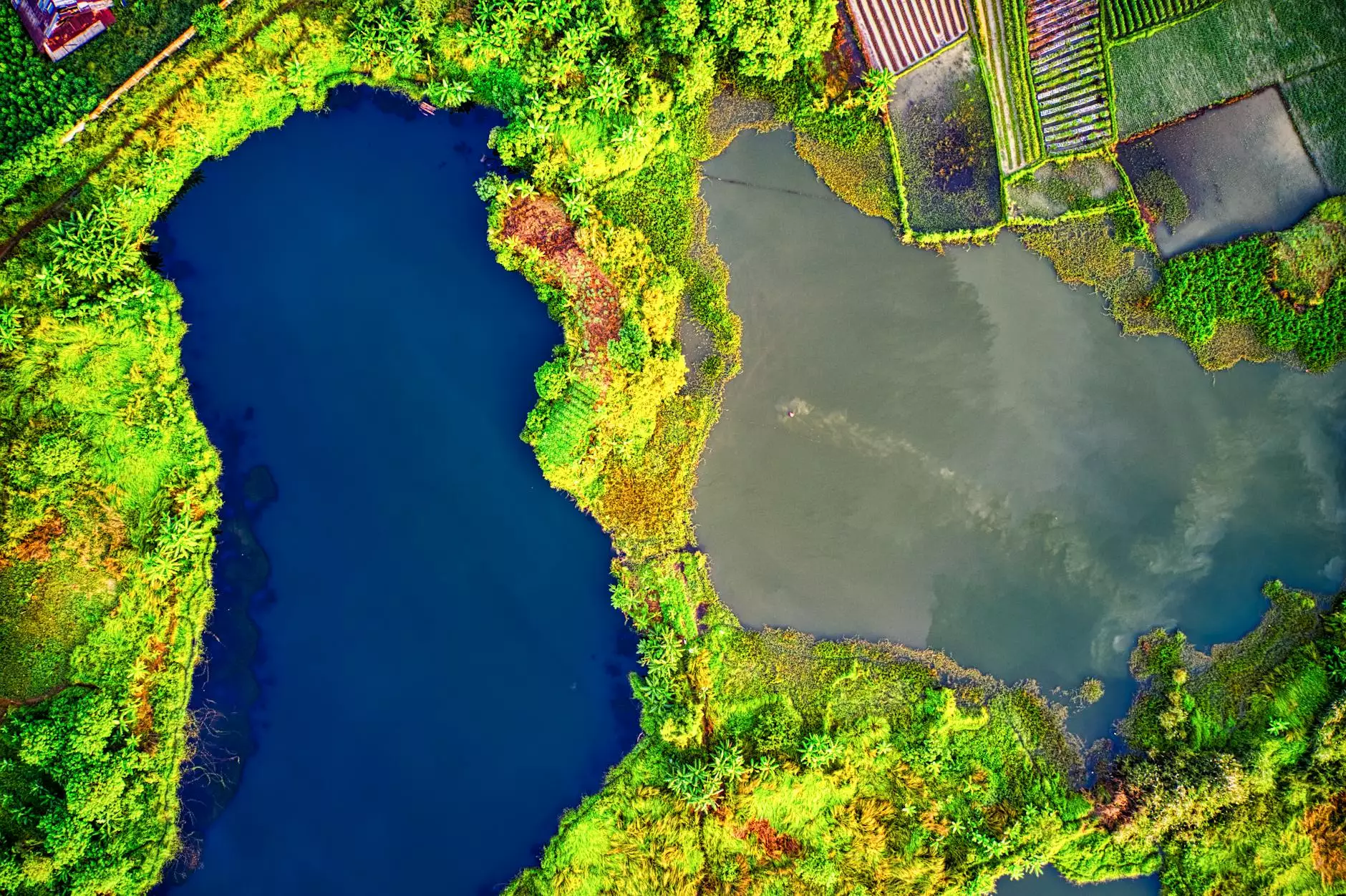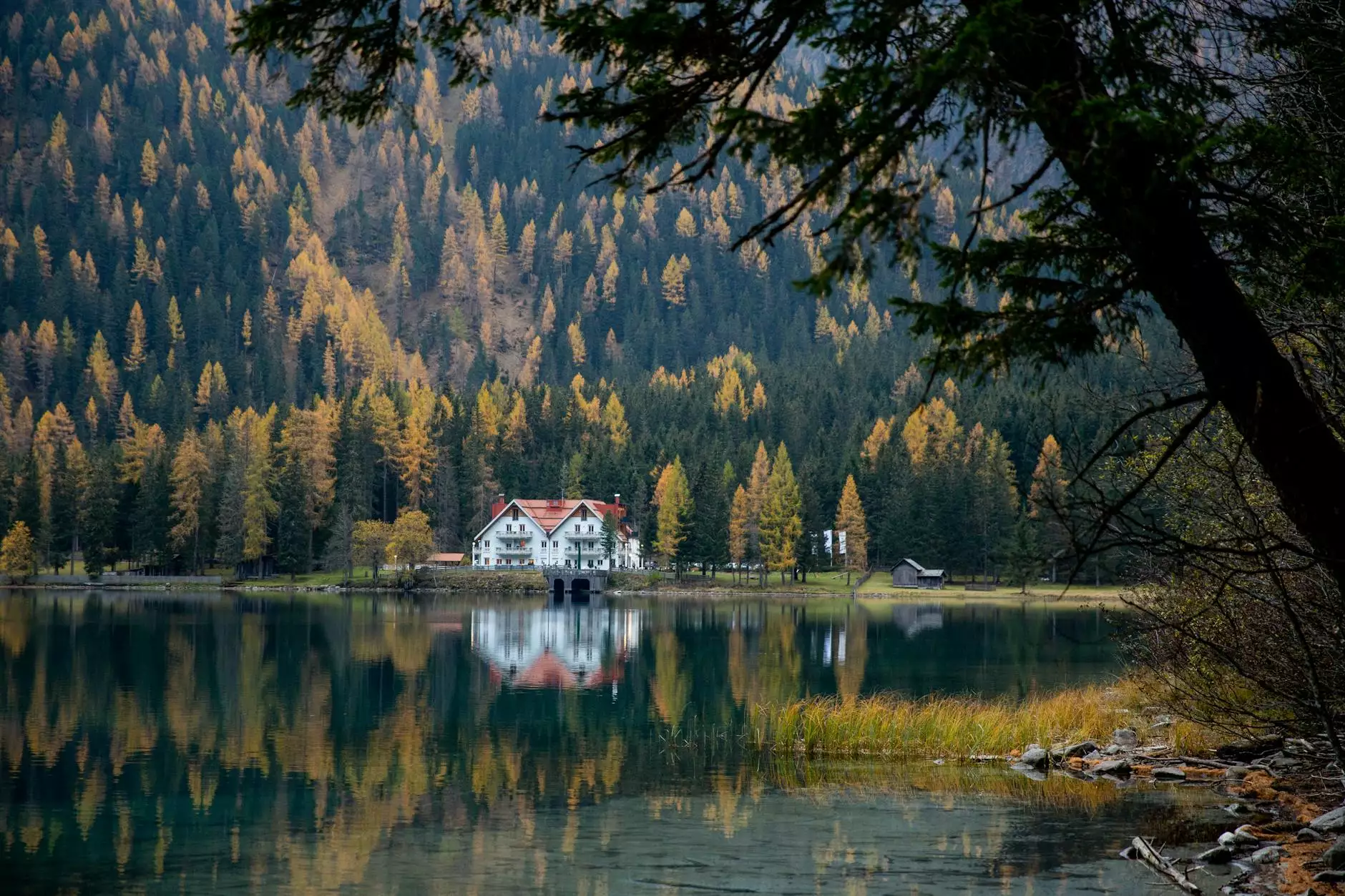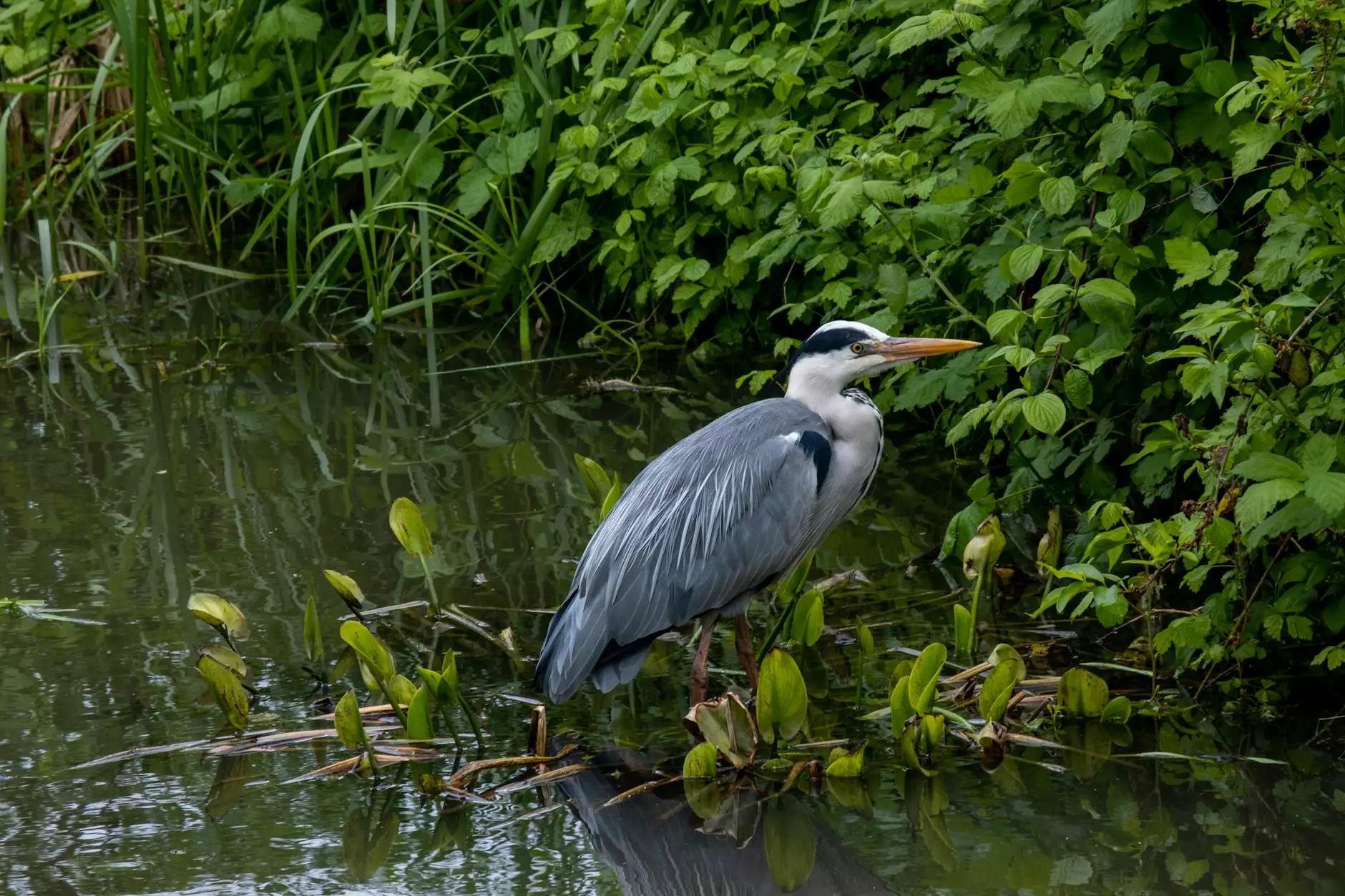What is a Watershed and why should I care?
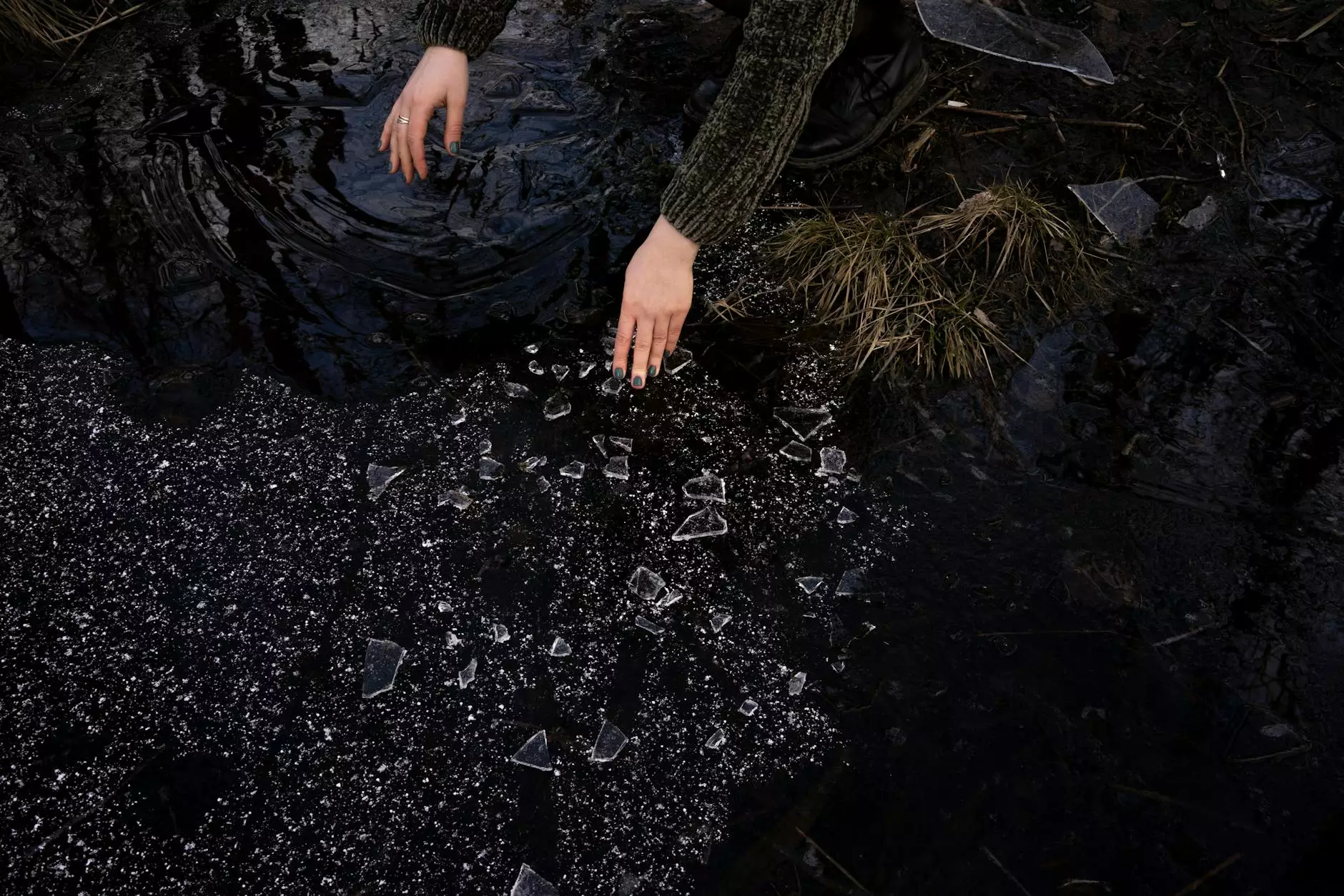
A watershed is an area of land where all the water, both above and below the ground, drains into the same body of water, such as a river, lake, or ocean. It is like a natural drainage basin that collects rainwater and directs it to a central location.
Importance of Watersheds
Watersheds play a crucial role in regulating the water cycle and preserving the environment. They provide clean drinking water, support aquatic ecosystems, and contribute to overall biodiversity. By understanding and caring for watersheds, we can ensure the sustainability of our natural resources.
Preserving the Environment
Watersheds serve as the source of our drinking water, making it essential to maintain their quality. Unfortunately, human activities such as pollution, deforestation, and improper waste disposal can negatively impact watersheds. By taking steps to protect and preserve these areas, we can safeguard the health of our communities and the environment.
Reducing Pollution
One of the most significant threats to watersheds is pollution. Chemical runoff from agricultural practices, industrial facilities, and urban areas can contaminate water sources, harming both people and wildlife. By adopting sustainable practices and supporting initiatives that promote clean water, we can reduce pollution and ensure a healthier future for our watersheds.
Promoting Conservation
Conserving water is crucial for maintaining the balance of ecosystems within watersheds. Implementing efficient irrigation techniques, using water-saving appliances, and practicing responsible water usage can help conserve this precious resource. Additionally, planting native plants and minimizing the use of pesticides can support the natural habitats within watersheds.
Getting Involved
As individuals, we can make a significant impact on the health of watersheds. Here are some ways you can get involved:
1. Educate Yourself
Learn more about the importance of watersheds and the conservation efforts being made in your community. Stay informed about local water sources, and understand how your actions can affect the overall health of watersheds.
2. Support Local Initiatives
Get involved with organizations and initiatives that focus on preserving and restoring watersheds. Volunteer for cleanup events, donate to conservation projects, or participate in educational programs that raise awareness about watershed protection.
3. Practice Responsible Water Usage
Conserve water by fixing leaks, installing water-efficient fixtures, and using water wisely in your daily activities. Reduce, reuse, and recycle whenever possible to minimize waste and prevent pollution from entering water sources.
4. Maintain Your Yard Responsibly
Avoid overusing fertilizers and pesticides that can seep into the groundwater. Plant native species that require less water and support native wildlife. Install rain barrels and rain gardens to capture rainwater and prevent runoff.
5. Advocate for Change
Bring attention to watershed issues by contacting local representatives and advocating for policies that protect and restore these vital ecosystems. Through collective action, we can create positive change for our watersheds and the environment.
Conclusion
Understanding the importance of watersheds and taking steps to preserve them is essential for a sustainable future. By becoming informed, supporting local initiatives, practicing responsible water usage, maintaining our yards responsibly, and advocating for change, we can all contribute to the protection and conservation of watersheds. Together, we can ensure clean and abundant water sources for generations to come.

